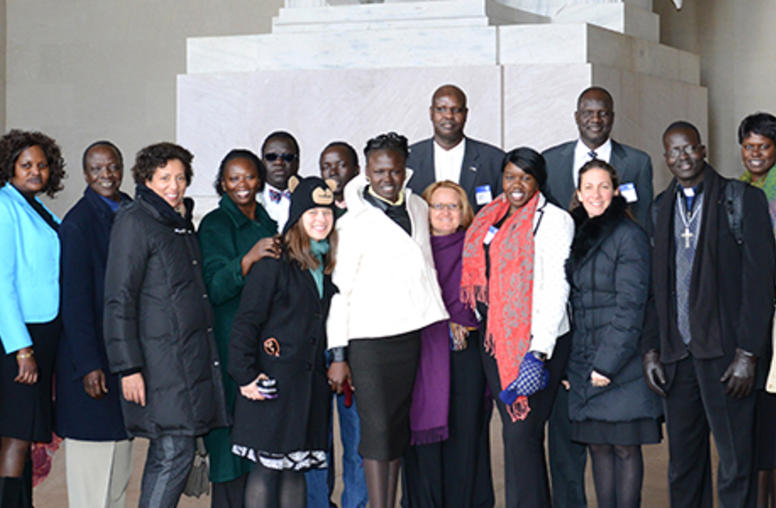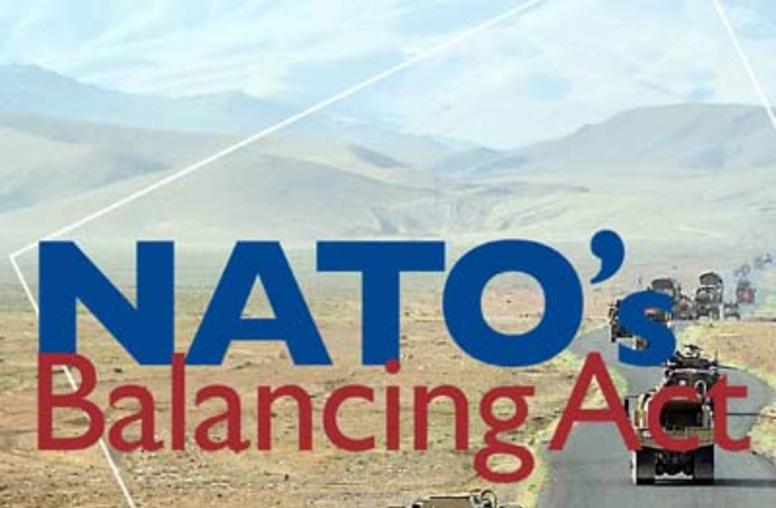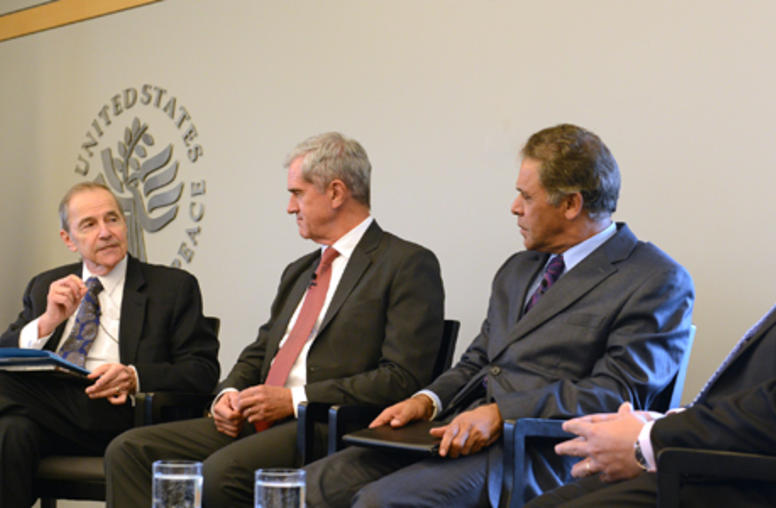Getting It Done
Post-Agreement Negotiation and International Regimes
As its title suggests, Getting It Done explores how international regimes accomplish their goals—goals that constantly shift as problems change and the power of member-states shifts.
From NAFTA to NATO, from the WTO to the WHO, a vast array of international regimes manages an astounding number of regional and global problems. Yet the dynamics of these enormously influential bodies are barely understood. Scholars have scrutinized international regimes, but that scrutiny has been narrowly focused on questions of regime formation and regime compliance. Remarkably little attention has been paid to the crucial question of how regimes sustain themselves and evolve.
This pioneering work sets about correcting that neglect. As its title suggests, Getting It Done explores how international regimes accomplish their goals—goals that constantly shift as problems change and the power of member-states shifts. In a series of conceptually bold opening chapters, the volume editors emphasize that successful evolution depends above all on a process of continuous negotiation—domestic as well as international—in which norms, principles, and rules are modified as circumstances and interests change.
The second part of the volume takes this framework and applies it to four case studies, two regional, two global. Each case study presents the aims, achievements, and structure of a regime and demonstrates how it adjusts its course through negotiation. A final chapter draws both theoretical and practical lessons for the future.
About the Editors
Bertram I. Spector is president of the Center for Negotiation Analysis and editor-in-chief ofInternational Negotiation: A Journal of Theory and Practice.



